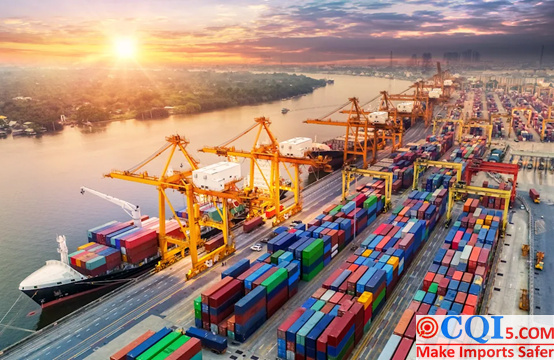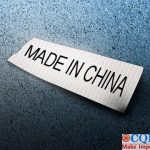How To Deal With The Global Supply Chain Crisis
With ports clogged, commodity supply slowed and shipping prices soaring, the global supply chain crisis has surfaced in a number of areas, with many pointing the finger of blame at the shipping industry. Patrick Berglund, CEO of maritime price comparison platform Xeneta, believes that COVID-19 has indeed triggered a container crisis, and that the reasons behind it are strong booking activity and limited supply.
But he also points to a deeper reason: when the outbreak occurred, the shipping industry did not have enough infrastructure to cope with the impact of COVID-19. Since then, things have been happening one after another, like a snowball, which has led to increasingly serious supply chain problems.
One of the major events that occurred during the epidemic was the blockage of the Suez Canal. The Suez Canal is the hub of Europe, Asia and Africa, and is one of the major transportation routes between Asia, the global production hub, and Europe, the consumer market. About 13% of the total global shipping volume passes through the Suez Canal, which carries oil, gas and bulk commodity containers.
In March, Taiwan’s EVER GIVEN ultra-large container ships blocked traffic in the Suez Canal for nearly a week, causing container prices to soar further to record levels. But it wasn’t the only major event that drove container prices to record highs.
After monitoring the market, the slow return of empty containers will continue to plague the industry, said McBryant, chairman and CEO of CIMC, the world’s largest container manufacturer. The problem is the poor flow of containers. There are two main reasons: First, the world’s 20 busiest ports are currently in a state of “traffic congestion”, long queues of ships, empty containers can not be shipped back; second is the epidemic led to many countries and regions of economic and industrial activities suspended.
Disruptions in the supply chain could lead to two outcomes in the coming months: the cancellation of commodity exports or higher commodity prices. If this situation continues to develop, commodities will go off the market and then prices will rise.
According to the latest data from S&P Global Market Intelligence, U.S. seaborne containerized cargo imports jumped 47.1% this spring compared to a year earlier, and the plight of logistics companies has not been alleviated. The extent of imports of goods in many sectors continues to rise, with imports of non-essential consumer goods up 88 percent year-over-year last month.
This is driven by a mismatch between supply and demand, Berglund said. The shipping industry, which has been oriented toward making more profits in recent decades, has faced serious problems that have triggered a wave of consolidation, such as the bankruptcy of Hanjin Shipping in 2016. The industry does not have sufficient infrastructure to cope with such shocks.
CQI5 is committed to providing importers worldwide with product quality inspection services that far exceed those of our peers. If you are planning to import or have imported from China or Southeast Asian countries, please contact us cs’@’cqipro.com to learn more about how we can make your imports safer.
Disclaimer:
CQI5 article information from the Internet and contributions, the copyright of which belongs to the original author, and only represents the views of the original author. This website is only responsible for sorting out, typesetting and editing the articles, reproduced for the purpose of spreading more information, does not imply that it endorses its views or proves the truthfulness, completeness and accuracy of its content, and therefore does not assume any legal responsibility.
The information contained in this article is for reference only and is not intended as direct advice for decision-making.
If we inadvertently violate your copyright, please inform us, after verification, we will immediately correct or delete the content according to the requirements of the copyright holder, thank you! Contact, email: copyright@cqipro.com
This website has the final right to interpret this statement.
Welcome to reprint, please be sure to keep information complete.






